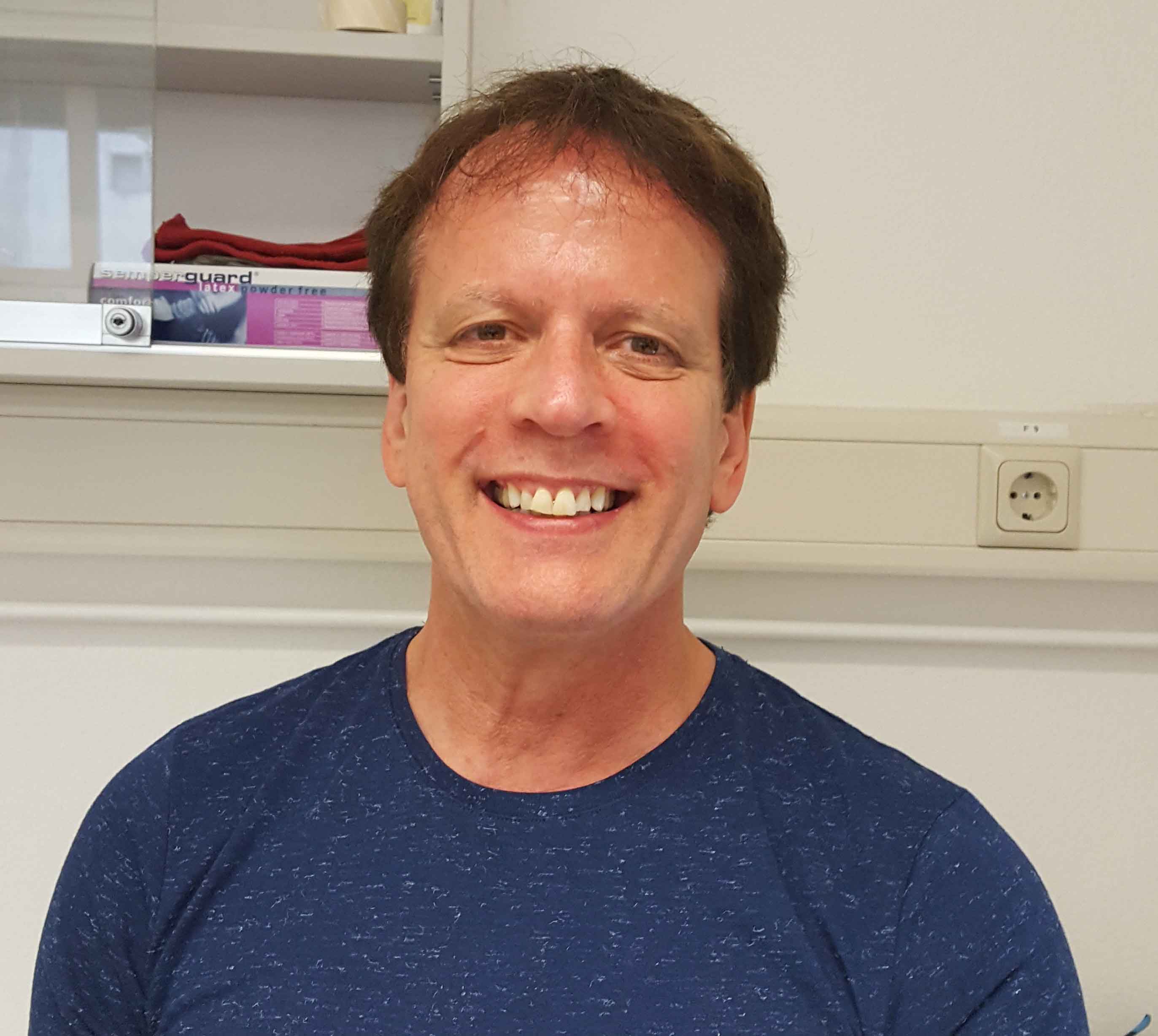Andrew Ewing, Professor at University of Gothenburg
As analytical chemists, Ewing's group develop new techniques and new areas of application for these techniques.

Examples include the development of new separation methods like capillary electrophoresis, quantitative cytometry, electrochemical methods with micro and nanoscale probes for analysis in cells or in capillaries, mass spectrometry imaging methods, and ultrasensitive spectroscopic measurements. These measurements will help us to change the world we live in.
Ewing's group is pushing the limits of measurement science through the development of cutting edge instrumentation and application of new technologies to measurements of high impact. In collaboration with other groups at Chalmers and GU we work on projects that span all of the traditional areas of analytical chemistry including separations, spectroscopy, electrochemistry, mass spectrometry and microscopy.
They have specific strengths in
- Imaging including fluorescence (both ratiometric and lifetime based), electrochemistry, and mass spectrometry.
- Biosensing
- Nanobioengineering.
- Artificial cell structures.
- Single cell analysis.
Life science applications in their group are primarily found in neuroscience, membrane biophysics, and single cell measurements related to neuroscience and cell structure, as well as in vivo electrochemistry.
For more information on Andrew Ewing's research, please visit his webpage (andrewewinggroup.se).
